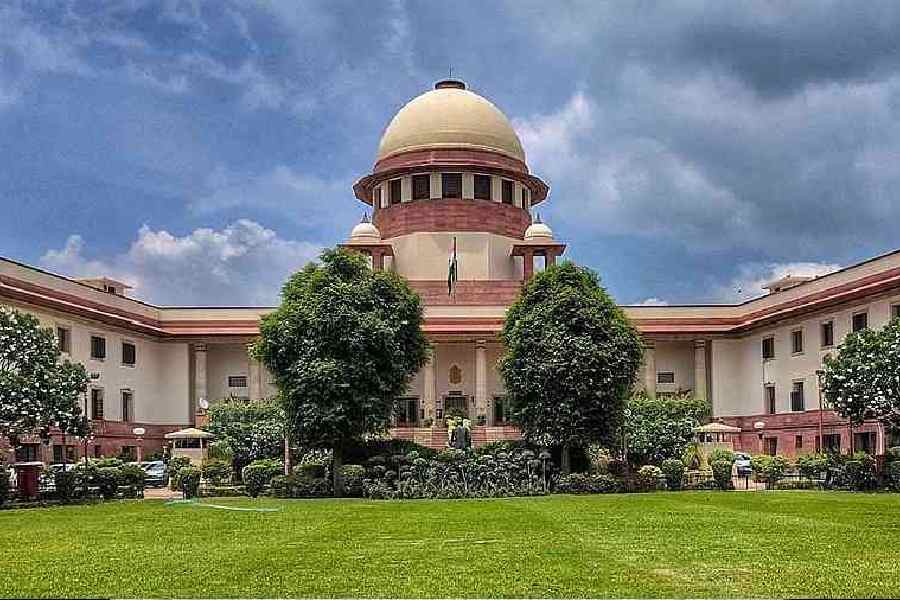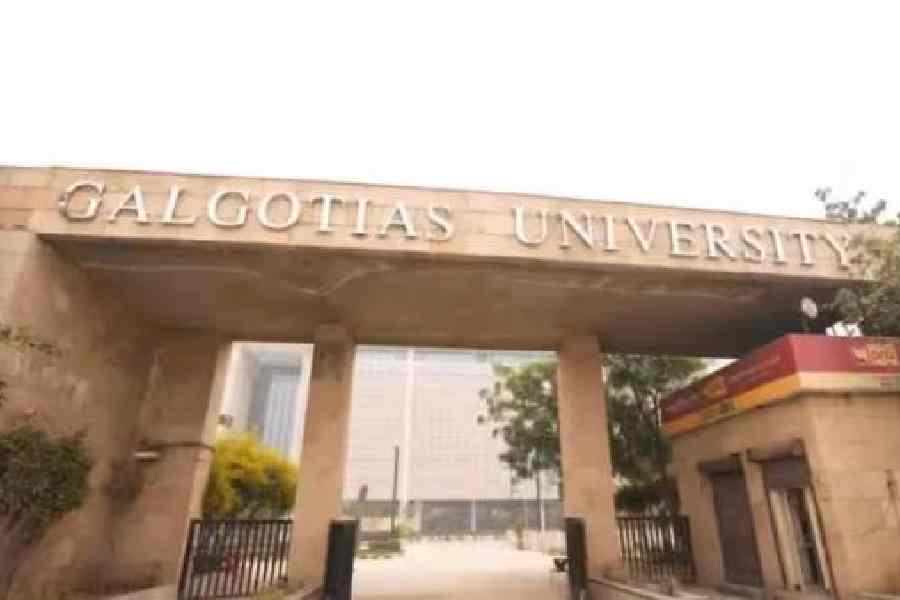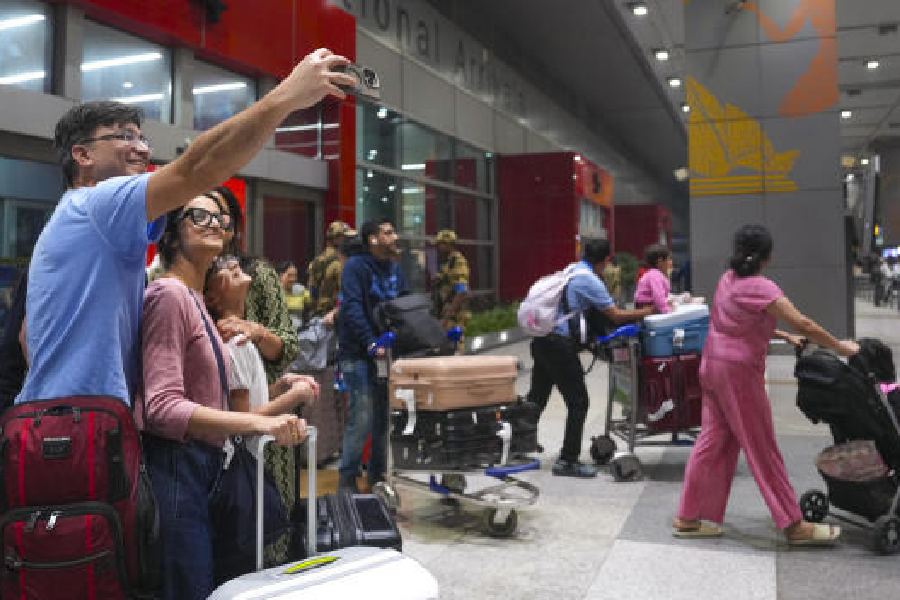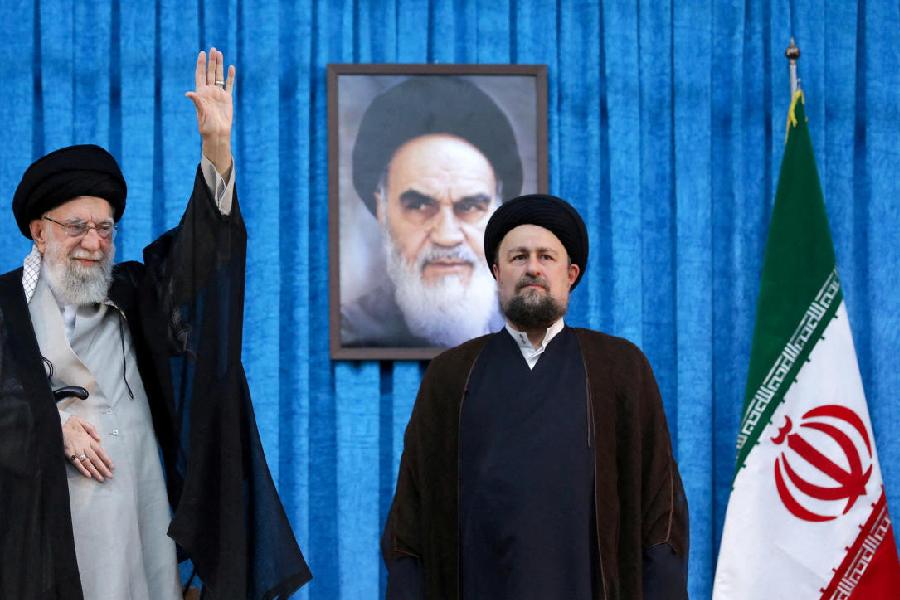The Supreme Court said on Friday a court must not act mechanically under section 319 of the Code of Criminal Procedure (CrPC) to summon an accused merely on the ground that some evidence has come on record.
A bench of Justices Dipankar Datta and Pankaj Mithal made the observation while dismissing an appeal filed by a man challenging a summoning order in a case lodged under Scheduled Castes and Scheduled Tribes (Prevention of Atrocities) Act.
"A court must not act mechanically merely on the ground that some evidence has come on record implicating the person sought to be summoned; its satisfaction preceding the order thereunder must be more than prima facie as formed at the stage of a charge being framed and short of satisfaction to an extent that the evidence, if unrebutted, would lead to conviction," the bench said.
The top court said section 319 CrPC, which envisages discretionary power, empowers the court holding trial to proceed against any person not shown or mentioned as an accused, if it appears from the evidence that such person has committed a crime.
"Therefore, what is essential for exercise of the power under section 319, CrPC is that the evidence on record must show the involvement of a person in the commission of a crime," it said.
The top court was hearing a plea filed by Jitendra Nath Misra challenging an order of the Allahabad High Court.
An FIR was registered by Khalilabad Police Station in Sant Kabir Nagar district under Sections 419 (cheating by personation), 420 (cheating), 323 (voluntarily causing hurt), 406 (criminal breach of trust) and 506 (criminal intimidation) of the Indian Penal Code and certain sections of the SC/ST Act.
As per the complaint, Mishra, his brother Dharmendra and an unknown person assaulted and abused the complainant and his wife.
The Special Court constituted under the 1989 Act took cognisance of the offence and framed charges against Dharmendra and the trial commenced.
The court later summoned the appellant for trial along with Dharmendra.
The top court said both the complainant and his wife, while testifying before the court, described the manner of assault inflicted by Dharmendra and the appellant, and the utterances made by the two brothers, and there appears to be no contradiction at all.
Except for the headline, this story has not been edited by The Telegraph Online staff and has been published from a syndicated feed.










